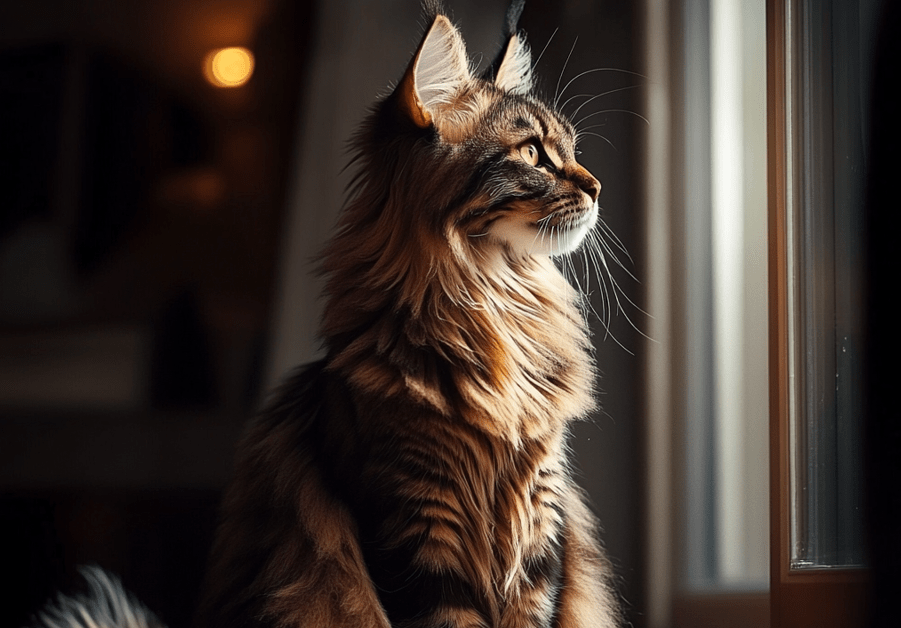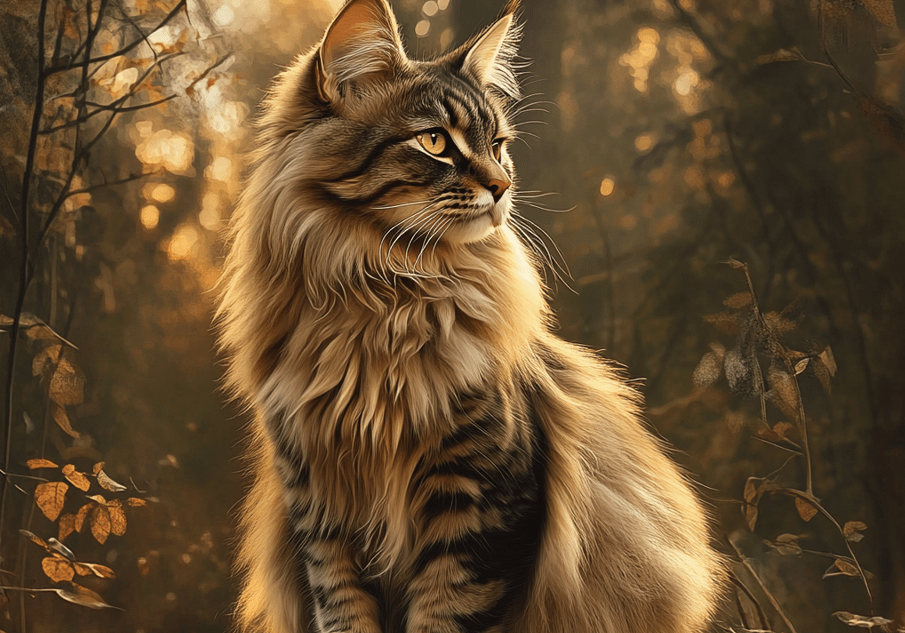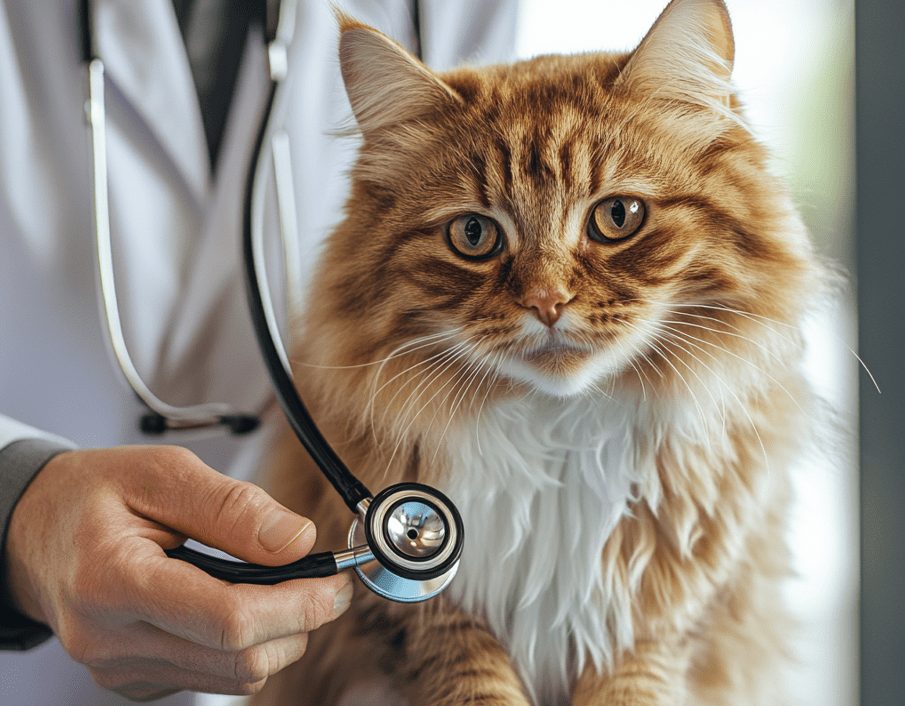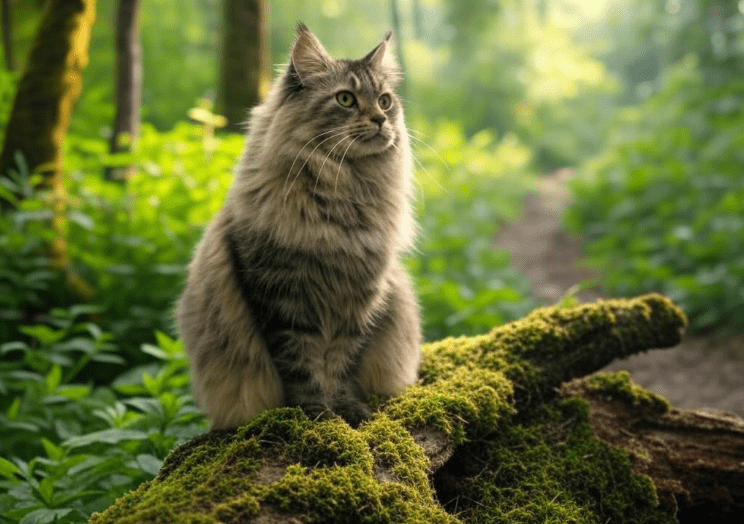
Selecting a Maine Coon breeder is one of the most important decisions for anyone looking to bring a Maine Coon kitten into their home. Known for their large size, friendly personalities, and striking appearance, Maine Coons are a beloved breed. However, finding a reputable breeder who prioritizes the health and well-being of their cats is critical to ensuring you get a healthy, well-socialized kitten. This comprehensive guide will walk you through the process of choosing a trustworthy Maine Coon breeder, offering practical tips, red flags to avoid, and insights into what makes a breeder exceptional.
Why Choosing the Right Maine Coon Breeder Matters
Maine Coons are a unique breed, often referred to as “gentle giants” due to their large stature and affectionate nature. A reputable Maine Coon breeder ensures that their kittens are healthy, genetically sound, and raised in a loving environment. Choosing a breeder who follows ethical practices can prevent future heartache, such as dealing with health issues or behavioral problems caused by poor breeding practices.
A trustworthy breeder is not just selling a kitten; they are dedicated to the betterment of the Maine Coon breed. They invest time, money, and effort into ensuring their cats meet breed standards and live long, healthy lives. By contrast, disreputable breeders may prioritize profit over animal welfare, leading to kittens with genetic disorders or inadequate socialization.
Key Qualities of a Reputable Maine Coon Breeder
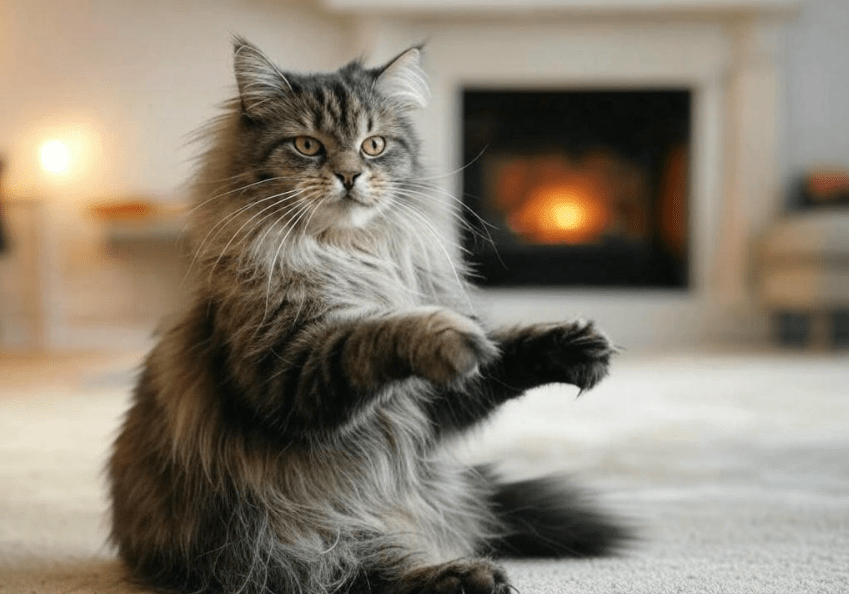
When searching for a Maine Coon breeder, look for these essential qualities to ensure you’re working with someone who genuinely cares about their cats:
1. Transparency and Open Communication
A reputable breeder is open about their breeding practices. They willingly share information about the kitten’s parents, health screenings, and living conditions. They should be approachable, answering your questions thoroughly and promptly. If a breeder is evasive or hesitant to provide details, this is a red flag.
2. Health Testing and Genetic Screening
Maine Coons are prone to certain genetic conditions, such as hypertrophic cardiomyopathy (HCM) and hip dysplasia. A responsible breeder conducts health screenings on their breeding cats to minimize the risk of passing these conditions to kittens. Ask for documentation of genetic testing and veterinary records to confirm the health of the parents.
3. Clean and Safe Environment
The environment where the kittens are raised plays a significant role in their health and socialization. A good breeder maintains a clean, spacious, and stimulating environment for their cats. If possible, visit the breeder’s cattery to observe the conditions firsthand. Kittens should be raised indoors, with access to toys, scratching posts, and human interaction.
4. Socialization and Care
Maine Coon kittens should be well-socialized from an early age to ensure they grow into confident, friendly cats. Reputable breeders expose their kittens to various stimuli, such as different sounds, people, and other pets. This early socialization helps kittens adapt to their new homes more easily.
5. Written Contracts and Health Guarantees
A trustworthy Maine Coon breeder provides a written contract outlining the terms of the sale, including health guarantees. This contract should cover issues like congenital defects and provide a clear return policy if the kitten develops serious health problems. Be wary of breeders who do not offer contracts or guarantees.
6. Affiliation with Cat Associations
Many reputable breeders are members of cat associations, such as The International Cat Association (TICA) or the Cat Fanciers’ Association (CFA). These organizations have strict codes of ethics that breeders must follow. Affiliation with such groups is a good indicator of a breeder’s commitment to high standards.
Steps to Find a Trustworthy Maine Coon Breeder
Finding a Maine Coon breeder you can trust requires research and due diligence. Follow these steps to narrow down your options and make an informed decision:
Step 1: Research Online
Start by searching for Maine Coon breeders in your area or within a reasonable distance. Use search terms like “reputable Maine Coon breeder near me” or “ethical Maine Coon cattery.” Visit breeder websites to learn about their practices, available kittens, and testimonials from previous buyers. Check for professional websites with detailed information about their breeding program.
Step 2: Read Reviews and Testimonials
Look for reviews from previous customers on platforms like Google, Yelp, or cat-related forums. Positive reviews from satisfied buyers are a good sign, but be cautious of overly glowing reviews that seem fabricated. Reach out to past clients if possible to ask about their experiences with the breeder.
Step 3: Contact Breeders
Once you’ve shortlisted a few breeders, reach out to them via email or phone. Prepare a list of questions to ask, such as:
1.How long have you been breeding Maine Coons?
2.Can you provide health screening results for the kitten’s parents? — Do you offer a health guarantee?
3.Can I visit your cattery to meet the kittens and their parents? Pay attention to how the breeder responds. A reputable breeder will be happy to discuss their practices and provide detailed answers.
Step 4: Visit the Cattery
If possible, arrange a visit to the breeder’s cattery. This allows you to see the living conditions, meet the kittens and their parents, and assess the breeder’s professionalism. If a visit isn’t feasible, ask for a virtual tour via video call. A breeder who refuses to let you see their facility may be hiding something.
Step 5: Review Contracts and Documentation
Before finalizing your decision, carefully review the breeder’s contract and any health guarantees. Ensure the contract includes details about the kitten’s health, vaccination history, and any genetic testing performed on the parents. Ask for copies of all relevant documents, including veterinary records and pedigree papers.
Step 6: Trust Your Instincts
Finally, trust your gut. If something feels off about a breeder—whether it’s their communication style, lack of transparency, or the condition of their cattery—consider looking elsewhere. A reputable breeder should make you feel confident and excited about bringing home your new Maine Coon kitten.
Red Flags to Watch Out For
While most Maine Coon breeders are passionate about their cats, some prioritize profit over ethics. Be cautious of these warning signs when evaluating a breeder:
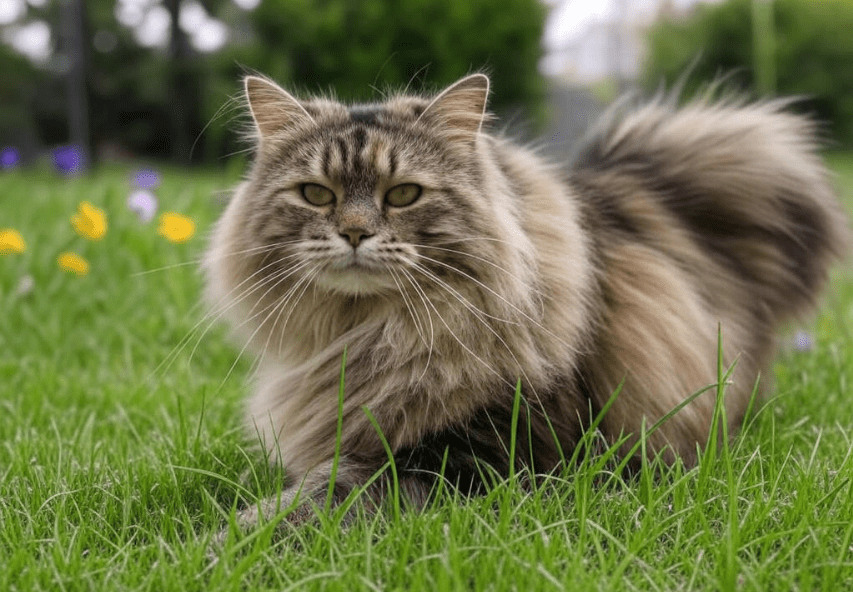
No Health Testing: If a breeder cannot provide proof of genetic testing for conditions like HCM or hip dysplasia, this is a major red flag.
Poor Living Conditions: Dirty, cramped, or unsanitary catteries are a sign of neglect and poor breeding practices.
Lack of Socialization: Kittens that seem shy, fearful, or aggressive may not have been properly socialized.
No Contract or Guarantee: A breeder who doesn’t offer a written contract or health guarantee may not stand behind their kittens.
Multiple Litters Available: Breeders who always have kittens available may be overbreeding, which can compromise the health of their cats.
Pressure to Buy: A breeder who pressures you to make a quick decision or pay a deposit without answering your questions is likely more interested in profit than the well-being of their kittens.
Questions to Ask a Maine Coon Breeder
To ensure you’re working with a reputable breeder, ask these questions during your conversations:
-
How do you socialize your kittens to prepare them for their new homes?
-
What health tests do you perform on your breeding cats?
-
Can I see the parents of the kitten I’m interested in?
-
What is your policy if the kitten develops a genetic health issue?
-
How often do your cats breed, and how do you ensure their well-being?
-
Are your kittens vaccinated and dewormed before going to their new homes?
-
Do you provide a pedigree or registration papers for the kitten?
-
Can you provide references from previous buyers?
A reputable breeder will be happy to answer these questions and provide any necessary documentation.
Understanding Maine Coon Breed Standards
To choose a quality Maine Coon breeder, it helps to understand the breed’s standards. Maine Coons are known for their large size, tufted ears, bushy tails, and friendly personalities. According to TICA and CFA, Maine Coons should have:
1.A rectangular body with a sturdy bone structure.
2.A broad head with a gentle slope to the nose.
3.Large, expressive eyes and tufted ears.
4.A silky, water-repellent coat in a variety of colors and patterns.
5.A sociable, dog-like personality that enjoys human interaction.
A reputable breeder will strive to produce kittens that meet these standards while prioritizing health and temperament.
The Cost of a Maine Coon Kitten
The price of a Maine Coon kitten from a reputable breeder typically ranges from $1,000 to $2,500, depending on factors like location, pedigree, and the breeder’s reputation. While this may seem expensive, it reflects the costs of ethical breeding, including health testing, veterinary care, and proper socialization. Be wary of breeders offering Maine Coons at significantly lower prices, as this may indicate a kitten mill or backyard breeder.
Preparing for Your Maine Coon Kitten
Once you’ve chosen a trustworthy Maine Coon breeder and selected your kitten, prepare your home for their arrival. Maine Coons are active, curious cats that need plenty of space to explore. Invest in high-quality cat food, a sturdy scratching post, and interactive toys to keep your kitten entertained. Schedule a veterinary visit shortly after bringing your kitten home to ensure they’re healthy and up-to-date on vaccinations.
Conclusion
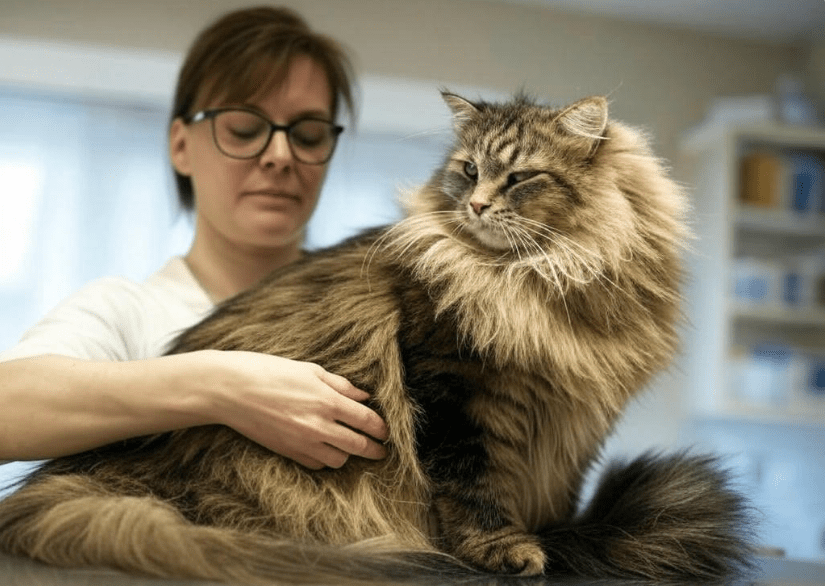
Choosing a Maine Coon breeder you can trust is a critical step in welcoming a healthy, happy kitten into your home. By researching breeders, asking the right questions, and looking for signs of ethical practices, you can find a breeder who shares your passion for this magnificent breed. A reputable Maine Coon breeder will provide you with a well-socialized, genetically sound kitten that will bring joy to your life for years to come. Take your time, do your homework, and trust your instincts to ensure you make the best choice for you and your future feline companion.

